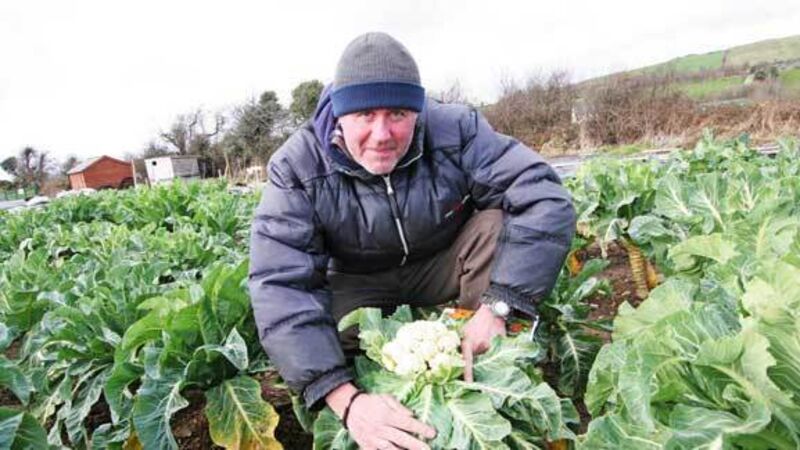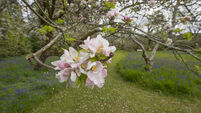Highlighting the heroic work of the Irish Seed Savers

For the year that’s in it — with celebrations of national heroes abounding — I thought it might be a good idea to profile a horticultural hero in each month across 2016.
This will cover people or organisations I feel have advanced our exaltation among the nations and there will be an actual 1916 hero with roots in botany on the list — but we will save that for Easter week.













